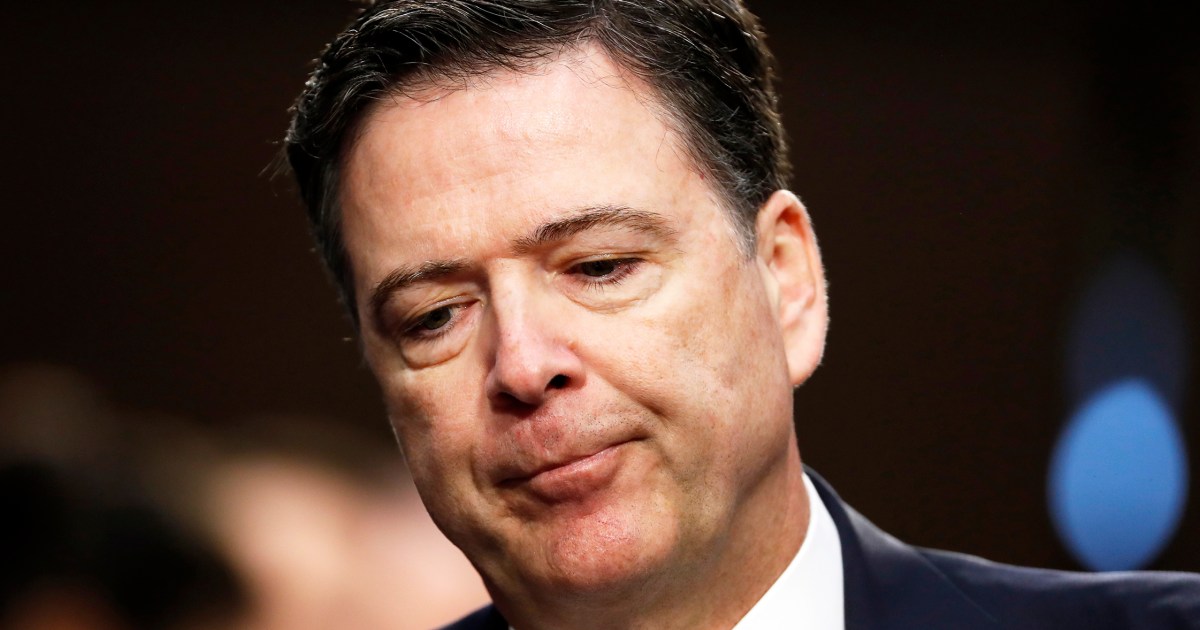Comey's Lawyers Challenge Criminal Case, Citing Vindictive Prosecution and Grand Jury Scrutiny
Comey's lawyers challenge a criminal case, seeking grand jury transcripts and arguing it's a vindictive prosecution supported by Trump, questioning prosecutor Halligan's experience and indictment clarity.
Overview
Comey's legal team is seeking to review grand jury transcripts and audio recordings in his criminal case, posing a direct challenge to the proceedings.
Defense lawyers are arguing for the case's dismissal before trial, asserting it constitutes a "vindictive prosecution" strongly supported by President Trump.
Comey's lawyers are challenging prosecutor Lindsey Halligan's inexperience, especially given President Trump's plan to nominate her as U.S. Attorney.
President Trump announced his intention to nominate Halligan after the previous prosecutor resigned under pressure from the Trump administration, sparking legal challenges.
The legal team is also seeking specific details about the conduct central to the criminal case, citing a significant lack of clarity in the indictment pushed by Trump.
Analysis
Center-leaning sources, like the Associated Press, cover this story neutrally by focusing on factual reporting of legal developments. They meticulously attribute all claims and arguments to Comey's defense team, avoiding editorial endorsement or loaded language. The coverage provides essential context, such as Trump's prior involvement, without injecting bias, allowing readers to understand the legal challenges presented.
FAQ
Comey’s lawyers are arguing that the prosecution is politically motivated ('vindictive prosecution') due to President Trump’s involvement in the appointment of Lindsey Halligan and his pressure on the Justice Department to pursue the case. They seek dismissal before trial, alleging the process lacks legitimacy and transparency.
Lindsey Halligan has no prior prosecutorial experience; she previously worked as an insurance lawyer before being named interim U.S. Attorney by President Trump. Critics argue her lack of experience raises questions about her impartiality and competence, especially given the high-profile nature of the case.
Comey’s legal team is seeking access to grand jury transcripts and audio recordings to scrutinize the evidence and process behind the indictment. This transparency is central to their argument that the indictment was not conducted fairly and lacked clarity.
President Trump announced his intention to nominate Lindsey Halligan as U.S. Attorney after the previous prosecutor resigned under pressure from the administration. Critics view this as evidence of political interference, with Trump’s vocal support for the case fueling claims of bias and manipulation of the judicial process.
If the court grants Comey’s motion and dismisses the charges, it could undermine not only the current indictment but also cast doubt on other prosecutions handled by Halligan, such as the case against New York Attorney General Letitia James, particularly if her appointment is ruled improper.

